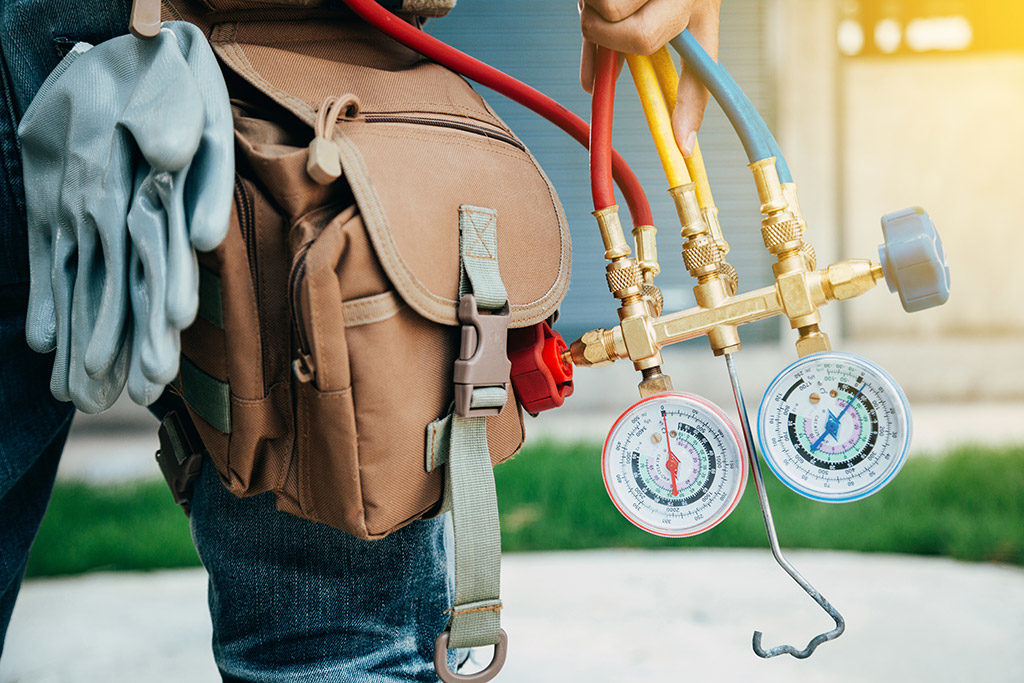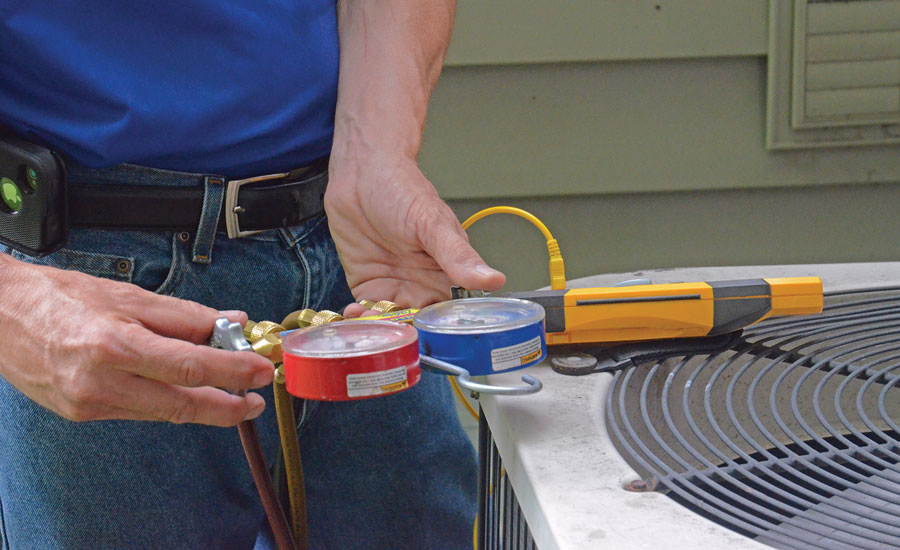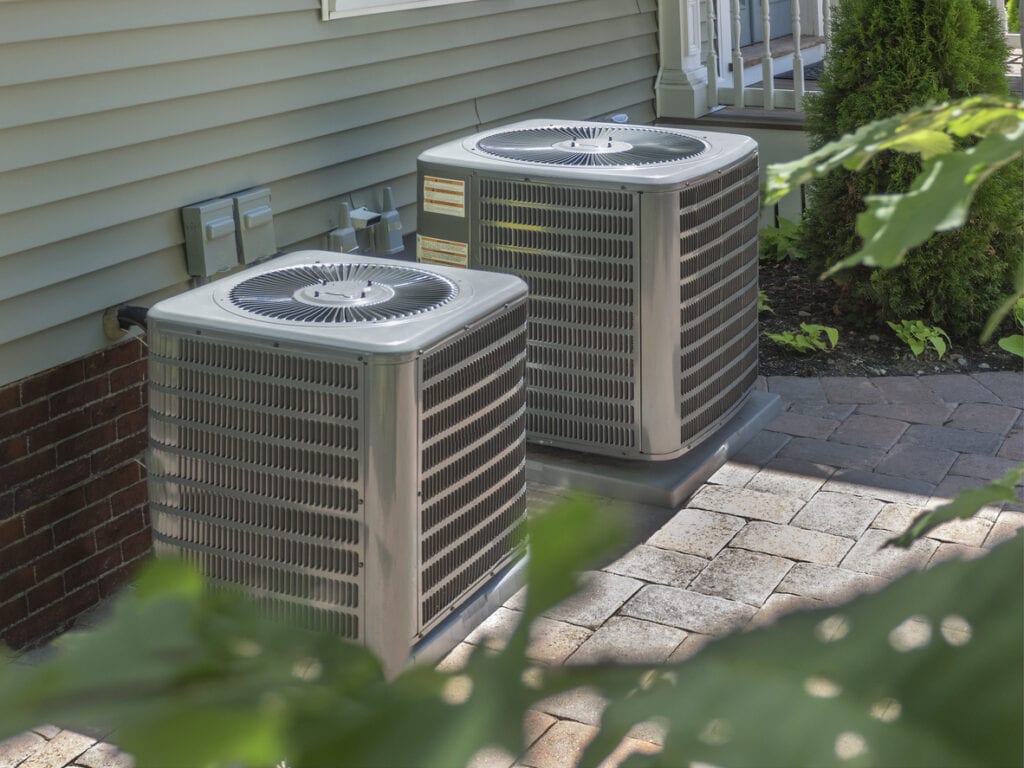Heating, Ventilation, and Air Conditioning (HVAC) contractors have the critical role of taking care of your property’s climate control system that’s responsible for heating or cooling the air circulated throughout the building to make you comfortable. There’s a huge demand for their services as about 87% of US households have some form of AC. So, if your home has a central air conditioning unit, heat pump, or furnace, keep reading to find out more about HVAC technicians.
1. Training: Before the contractor works in the field, they need to obtain an accredited education. Most schools focus on heating, air conditioning, ventilation, or refrigeration coursework. Their focus is on equipping the technicians with hands-on training that prepares them for the workplace. A technician may also choose to focus on several areas in this field, for instance, heating and air conditioning.
2. Commercial or residential: HVAC contractors may offer commercial or residential services, or both.
3. Provide 24/7 emergency services: You may seek help at any time from HVAC contractors who offer 24/7 emergency services. The emergency may entail an AC unit breaking down during a sweltering night. Other priority services include fixing refrigerant leaks from AC units or leakages of natural gas from a heater. You can also seek quick help if your AC’s drains are clogged.
4. Installation services: One of the basic services to expect from an HVAC contractor is installation. It requires a bit of expertise, and it’s best handled by a technician with some years of experience. The contractor will start by recommending the proper size for an AC unit based on the home’s cooling needs. They may also perform installations when a home is currently occupied. Installing a new air conditioning system may include configuring the ductwork, wiring, connecting the electrical supply installing the equipment, and carrying out checks to see if the job was done right. Visit AHWA website for more information on finding an HVAC contractor.
5. Replacements: For any replacement or upgrading works that may involve your HVAC system, you will need to involve a professional technician. They are trained to properly remove the current system and perform any upgrades.

6. Routine maintenance: It’s recommended to have your HVAC system checked by a professional contractor once a year. Heat pumps, used year-round for both heating and cooling, may undergo routine maintenance every 6 months. Most new contractors will be assigned routine maintenance tasks to help them gain the necessary experience to handle complex projects such as installations. During the routine maintenance process, you can expect the contractor to check for leakages, test the thermostats, confirm the refrigerant levels, ensure the thermostat is accurate, and troubleshoot any issues that may be present. Maintenance costs will vary depending on the system’s design, age, and frequency of use.
7. Consultation services: If you notice a spike in your energy bill and suspect the air conditioning system, you may seek the expert knowledge of HVAC consultants. They can also offer their expert recommendations when it comes to the best upgrades to improve the home’s air conditioning system. You may also seek their opinion on matters to do with installing humidifiers or smart thermostats. So, if you have any complex HVAC issues, opting for the expert opinion of local HVAC consultants instead of digging for the information online may be more worthwhile. Don’t be afraid to ask for second opinions, says Jeff Ring of Modern HVAC.
8. Cleaning services: Your HVAC system certainly gets dirty. For instance, you may require specialized cleaning for your air ducts to remove any built-up dust that may clog up your filters. The condenser coils found inside the outside unit may get clogged up, impacting the compressor’s performance. The metal fins also tend to trap dust.
9. Specialist services: Some HVAC contractors specialize in a particular niche. They may learn all about products from one company, which helps them debug complex issues. There are also different types of equipment, for instance, wall-through units that may require a different skillset to install than central air units. Solar water heating units also demand specialized knowledge.
10. Performing repairs: Heating and cooling systems can be remarkably complex with moving parts that may break down from time-to-time. HVAC contractors can help with a variety of repair tasks. As part of preventive maintenance, the technician may debug and solve issues before becoming apparent.
11. Expert advice: If a customer is undecided about the type of equipment they will need to purchase for the home, they may obtain HVAC contractors’ services. They can also ensure that you’re getting a fair deal and that the equipment is of top quality based on their experience serving customers.

12. Making sure that everything is within code: HVAC contractors have to adhere to strict building codes. You can hire a contractor to carry out inspections after having the system installed.
13. Attending manufacturer seminars: The HVAC contractor’s role may also entail learning about upcoming systems and new technologies from manufacturers. They relay this information to customers.
Things to consider when hiring an HVAC contractor
Want to receive quality services from a reliable company? Well, research is your friend! Check the reviews of the contractor before hiring them. Ask for clarifications if you have any doubts about their negative reviews.
Be informed about various HVAC issues, repair techniques, and general costs. Don’t just work with the first company that grabs your attention or hire someone blindly just because a friend recommended them. Get a second or third opinion from another provider. Check for their license and certifications mainly displayed on their website.
Always ask for a rough quote before the work begins, find out about the timelines, and if the contractor has worked on similar projects. Avoid contractors charging very low rates as the work may also be sub-par.






